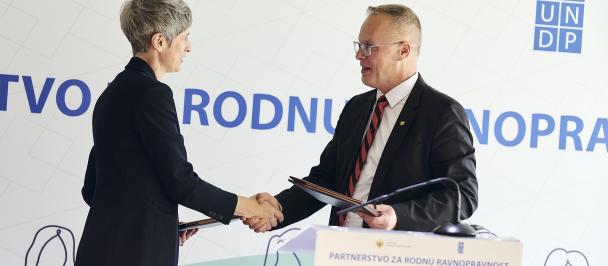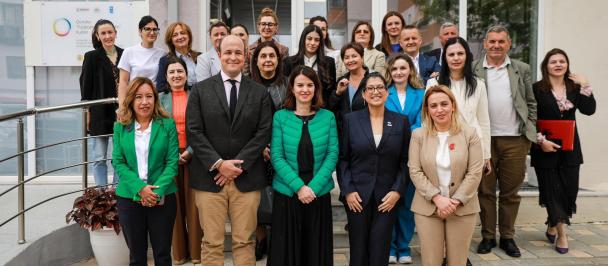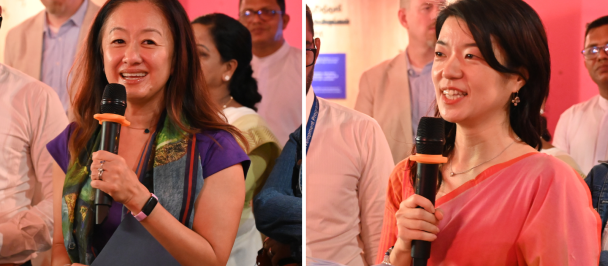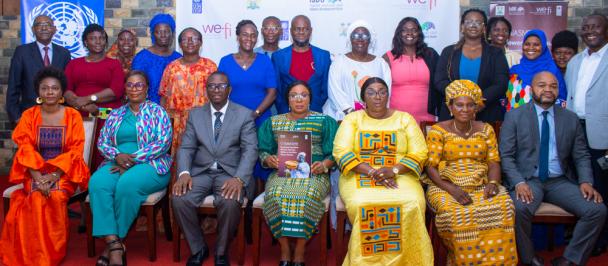UNDP Facilitates Workshop on Accelerating Solar Energy Adoption in the Pacific Region
March 26, 2024
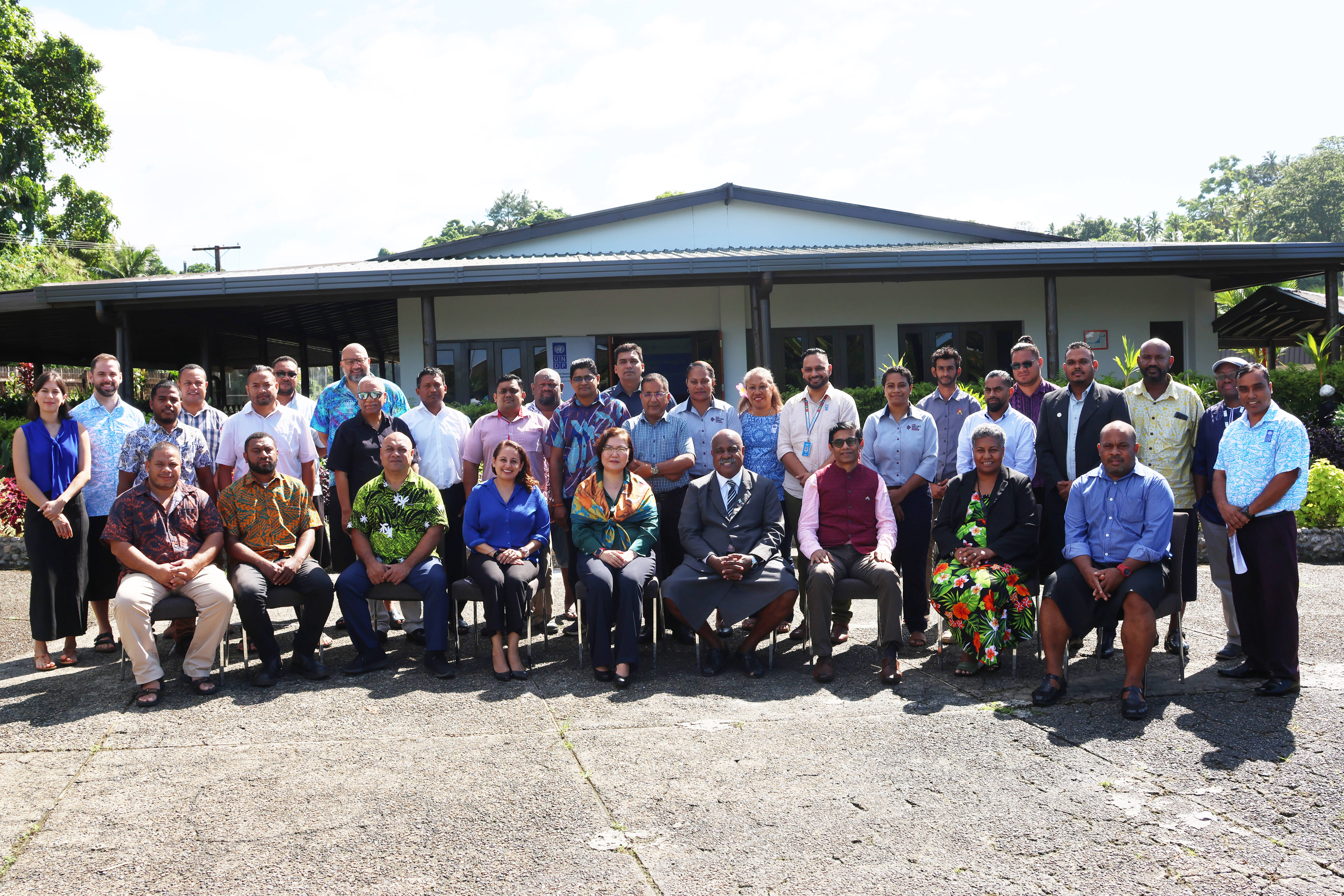
UNDP Pacific Office Resident Representative Munkhtuya Altangerel (fifth from left), Fiji’s Assistant Minister for the Office of the Prime Minister, Hon. Sakiusa Tubuna (sixth from left) and Indian High Commissioner to Fiji P.S. Karthigeyan (third from right) with representatives from 10 Pacific countries and workshop participants.
Suva, Fiji – The United Nations Development Programme (UNDP) is spearheading efforts to accelerate the uptake of sustainable energy in the Pacific region through the Solarization of Head of State Residences (SHOS) project.
This initiative, supported by the Government of India and managed by the United Nations Office of South-South Cooperation, sees UNDP facilitating the implementation of solar infrastructure alongside the Pacific Islands Development Forum (PIDF) at residences of heads of state or buildings of national importance in 10 PIDF member countries.
The SHOS project aims to promote clean renewable energy technologies in the Pacific region. With installations planned in Fiji, Tonga, Kiribati, Solomon Islands, Vanuatu, Republic of Marshall Islands, Federal States of Micronesia, Palau, Tuvalu, and Nauru, the project involves the deployment of 12 solar energy systems, each with a capacity of approximately 20kW.
Over a 25-year lifespan, it is anticipated that the project will lead to a reduction of 9,600 tons of CO2 emissions.
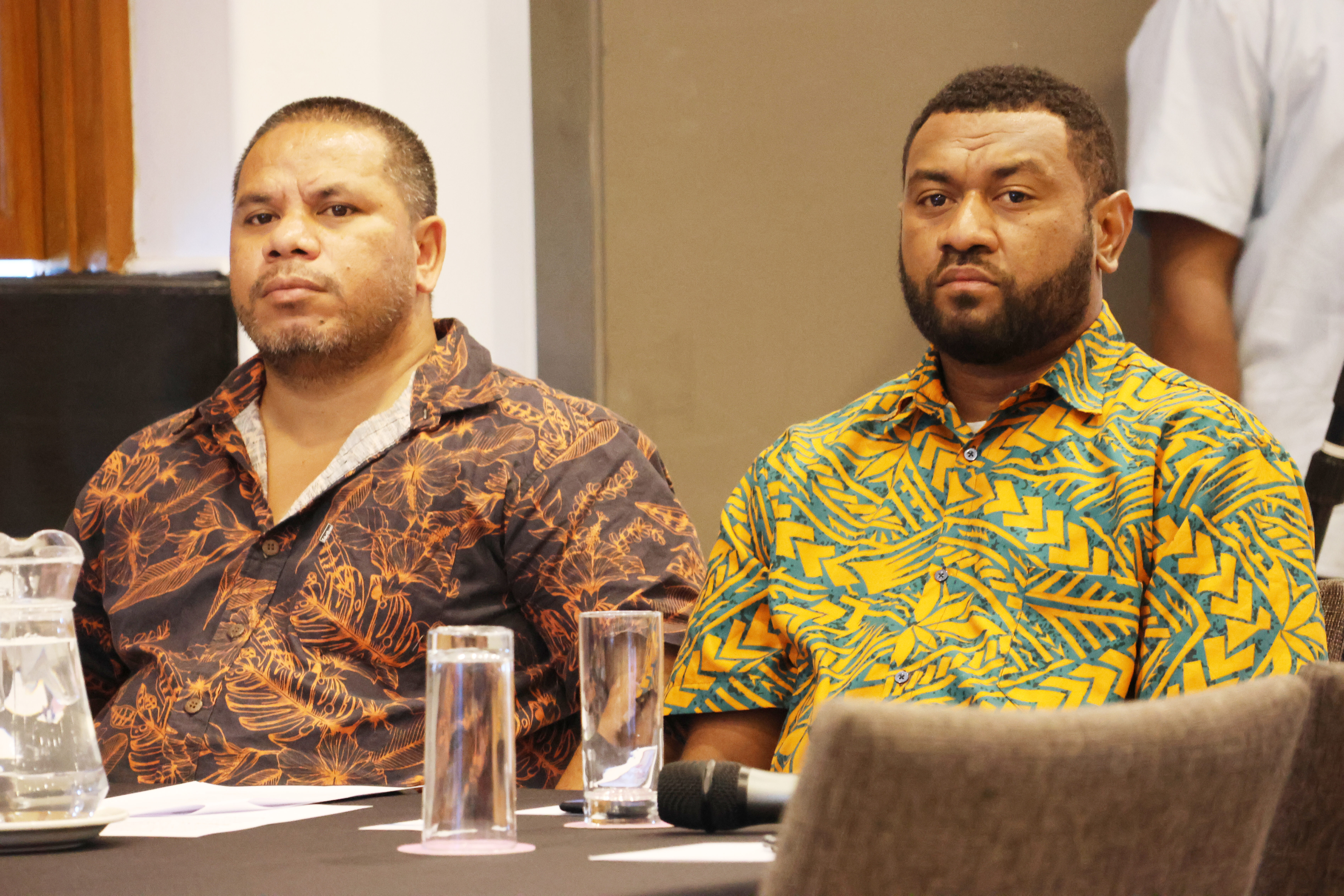
Participants during the Accelerating Solar Energy Adoption in the Pacific Region workshop.
This week, in Fiji a workshop to facilitate discussions on policy interventions aimed at promoting rooftop solar across the Pacific has commenced, the primary aim of this workshop to raise awareness among policymakers about the advantages of solar energy and the economic benefits compared to conventional energy systems.
At present, only 36 percent of power generation for the Pacific region comes from renewable energy sources. This figure alone emphasizes the necessity for strategic policy interventions, capacity building initiatives, and blended financing mechanisms to expedite the adoption of renewable energy in the Pacific. Failure to do so could pose challenges in meeting the Nationally Determined Contributions (NDC) targets established by Pacific governments.
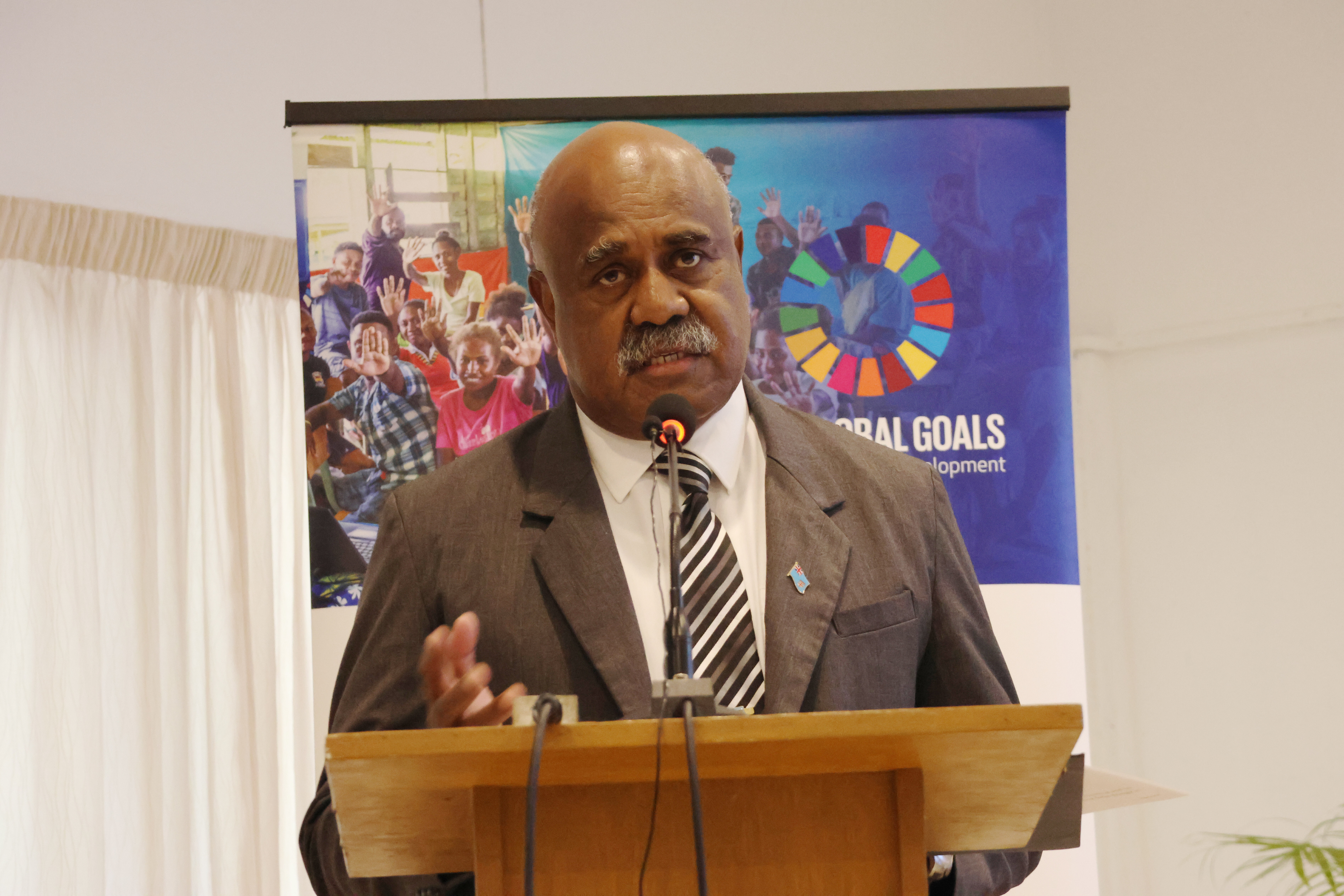
Fiji’s Assistant Minister for the Office of the Prime Minister, Hon. Sakiusa Tubuna speaking during the opening ceremony.
During the opening ceremony, Fiji’s Assistant Minister for the Office of the Prime Minister, Hon. Sakiusa Tubuna, said the Pacific region faces unique energy challenges, including geographic isolation and vulnerability to climate change impacts.
“I am very much convinced that solar energy has the potential to significantly aid in our transition towards sustainable energy, aligning with the net zero targets set by the majority of the Pacific countries for 2050. The Government of Fiji is extremely committed to this cause, to battle against carbon emissions and transition to renewable energy sources.
“I believe that this initiative will contribute to reducing residents of grid power to some extent, and to scale up this effort to other public buildings as well. There is a significant demand for solar energy in the Pacific region, but our ability to meet this demand is not moving as expected, mainly because of financing and limited capacity on project execution,” he said.
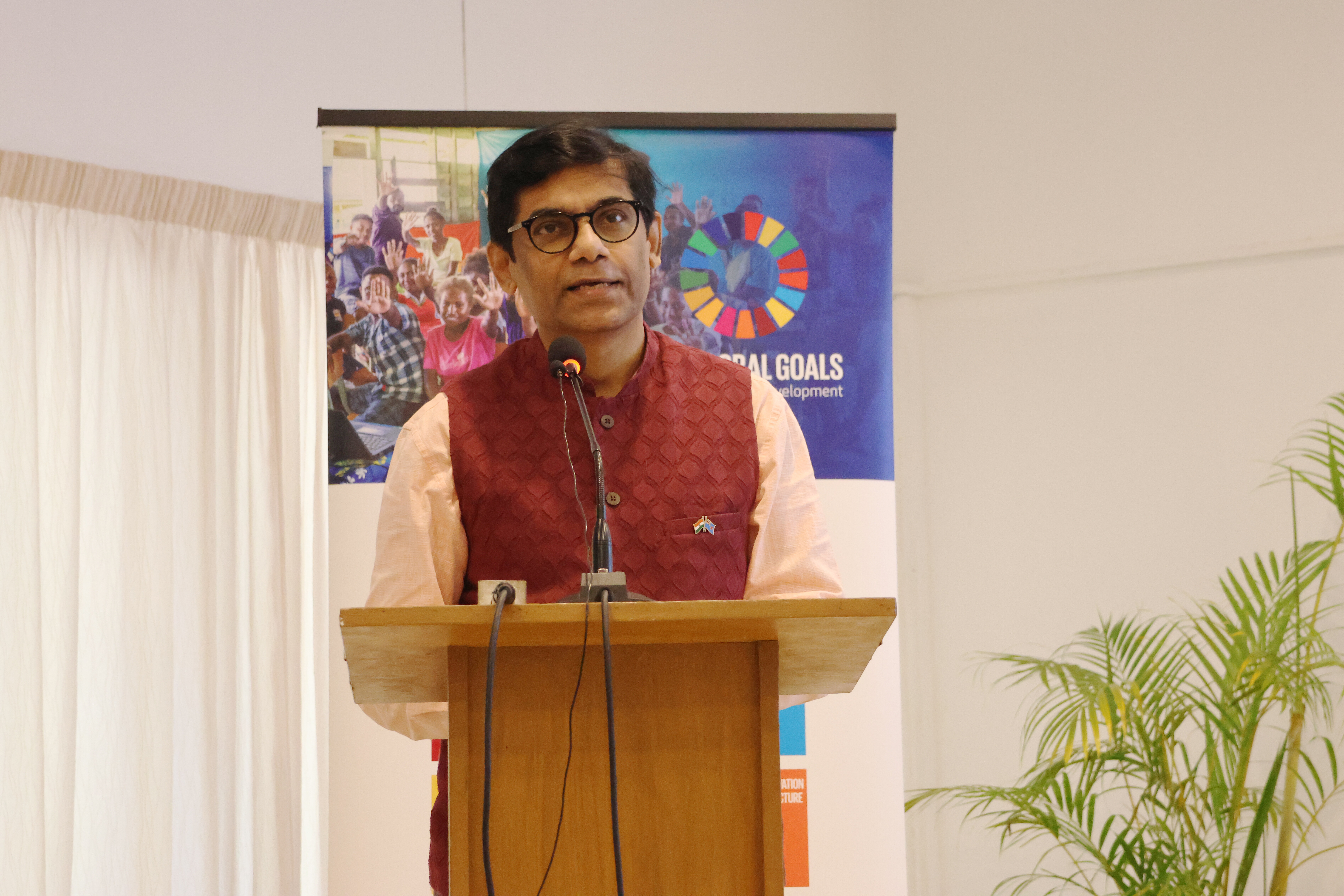
Indian High Commissioner to Fiji P.S. Karthigeyan speaking during the opening ceremony.
Indian High Commissioner to Fiji, His Excellency P.S. Karthigeyan said the project is an important initiative as part of India’s overall efforts to help promote renewable energy in the Pacific, a region on the front line of the climate emergency.
“Supported by the India UNDP Fund, this project, with an investment exceeding $1.1 million USD, has seen successful implementations across ten countries, including Fiji where I had the privilege of witnessing its commissioning firsthand. As we delve into the learnings from the SHOS project, we must reflect on the efficiency demonstrated, such as the remarkable project execution in the Chiefly Island of Bau,” he said.
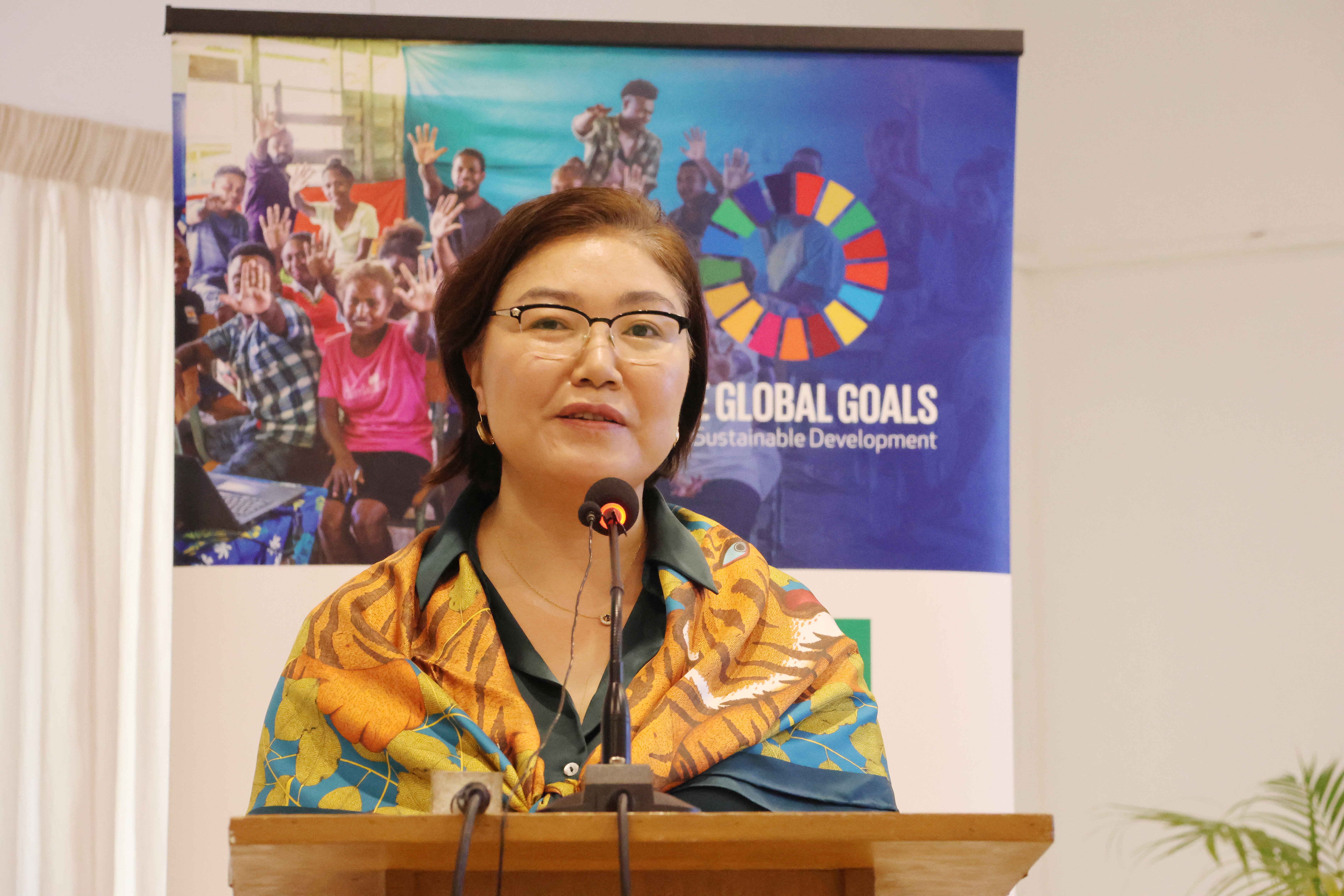
UNDP Pacific Office Resident Representative Munkhtuya Altangerel speaking during the opening ceremony.
UNDP Pacific Office Resident Representative, Munkhtuya Altangerel, said there is no doubt that a decisive shift is needed should we wish to achieve the global goals to a clean and green future.
“If we hope to build a more resilient, equitable and sustainable future for all, particularly here in the Pacific, we are faced with the reality that in many Pacific Island countries, a dependence on fossil fuels runs very deep. And, of course, this poses a complex hurdle on our path to clean energy.
“UNDP Pacific has committed to making and elevating the discourse on the transition to clean energy across the Pacific a priority. Achieving net zero emissions and realizing sustainable development goal seven, which is focused on affordable and clean energy for all, and fulfilling our commitments to the Paris Agreement, hinge on a rapid and comprehensive embracing of clean, accessible, and renewable energy solutions,” she said.
The workshop concludes on 27 March.
For media enquiries, please contact:
Ashna Kumar | Communications Associate | UNDP Pacific Office in Fiji | Email: Ashna.kumar@undp.org

 Locations
Locations